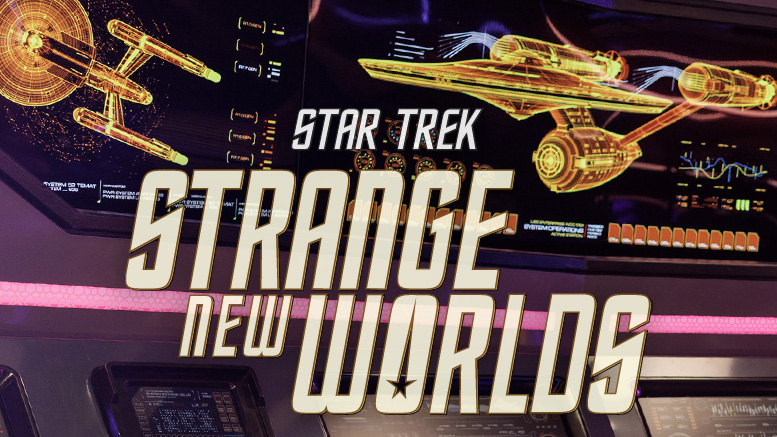Adam Lenhardt
Senior HTF Member
There's also the fact that people are comparing the new shows to their memories of shows from decades ago, and our memories have a tendency to be selective. There were plenty of clunkers in TOS through "Voyager", but with 26 episode seasons we remember the episodes we loved and don't think too much about the episodes that fizzled.






